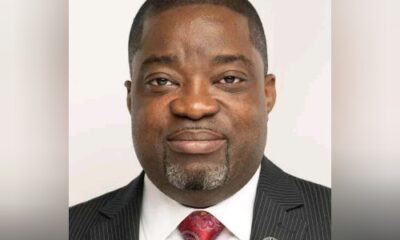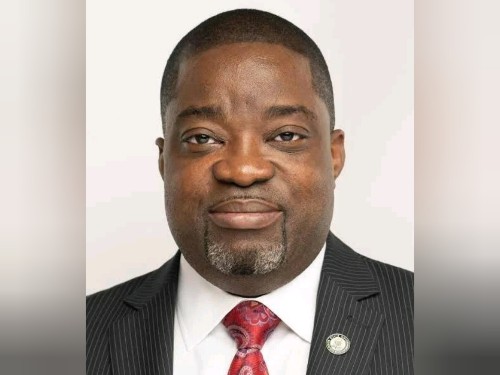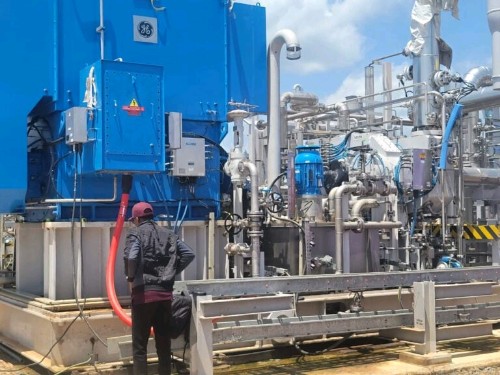Nigeria’s President, Asiwaju Bola Ahmed Tinubu, has inaugurated three critical gas infrastructure projects in Nigeria.
The Nigerian National Petroleum Company (NNPC) Limited, AHL, and Sterling Oil Exploration & Energy Production Company Limited (SEEPCO) jointly control the 200 million standard cubic feet per day (mmscf/d) AHL Gas Processing Plant 2 (GPP – 2), which Tinubu officially opened.
It is an addition to Delta’s Kwale Gas Processing Plant (GPP – 1). Additionally, the president officially opened the ANOH-OB3 CTMS gas pipeline project and the ANOH gas processing plant, both operated by NNPC and AGPC Seplat Energy and situated in the state of Imo.
In a virtual speech, Tinubu stated that the three gas projects help the federal government’s goal of reducing gas flaring and increasing the value of the country’s gas resources.
Tinubu also commended NNPC and other partners for completing the projects within 11 months, and not two years as earlier planned.
“It is pleasing that approximately 500MMscf of gas in aggregate would be supplied to the domestic market from these two gas processing Plants, which represents over 25% incremental growth in gas supply,” he said.
“In practical terms, this is more gas to the power sector, gas-based industries and other critical segments of the economy.”
The president said the federal government is stepping up its coordination of other landmark projects and initiatives to ensure the earliest realisation of gas-fueled prosperity in the country.
He also assured investors in the energy space that “this is an investment enabling the government and we will not relent in facilitating the ease of doing business”.
“The theme of this commissioning, ‘From Gas to Prosperity; Renewed Hope,’ must be adopted by all gas sector participants and would-be investors as a clarion call to ramp up efforts to accelerate investment and developments of projects in the gas sector on a win-win basis,” Tinubu added.
He further commended NNPC and its partners, SEEPCO and Seplat Energy, for the laudable and value-adding projects.
On his part, Mele Kyari, group chief executive officer (GCEO) of NNPC, said the three infrastructure projects will enable additional gas processing capacity and also increase the supply of liquefied petroleum gas (LPG), thereby, reducing the dependency on importation.
“NNPC is currently executing several major gas infrastructure projects such as the Ajaokuta-Kaduna-Kano pipeline with the associated power plants, the full delivery of the wider OB3 project shortly and also progressing with other initiatives such as fertiliser and petrochemical plants, small and large scale LNG and floating LNG” Kyari said.
He said the projects present the opportunity to monetise the country’s abundant natural gas resources, by expanding access to energy to support economic growth, industrialisation, and job creation.
In his remarks, Ekperikpe Ekpo, minister of petroleum resources (gas), said in keeping with the climate control agenda, the government decided to use gas as the transition fuel to achieve green energy by 2060.
“The decision to eliminate fuel subsidies at the start of your administration has compelled increased spending in the upstream and midstream gas development, and the use of gas as an appropriate, more cost-effective, and cleaner alternative to diesel and gasoline,” Ekpo said.
The minister added that the plant will promote rapid industrialization in Nigeria and boost power generation.



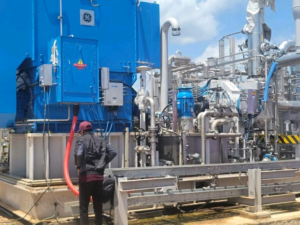

 BIG STORY2 days ago
BIG STORY2 days ago
 BIG STORY2 days ago
BIG STORY2 days ago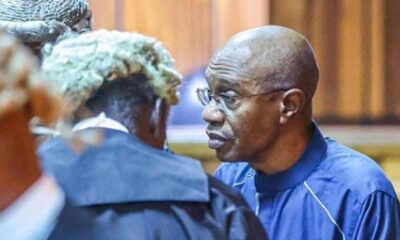
 BIG STORY1 day ago
BIG STORY1 day ago
 BIG STORY1 day ago
BIG STORY1 day ago
 BIG STORY9 hours ago
BIG STORY9 hours ago
 BIG STORY4 hours ago
BIG STORY4 hours ago
 BIG STORY3 days ago
BIG STORY3 days ago
 BIG STORY3 days ago
BIG STORY3 days ago






